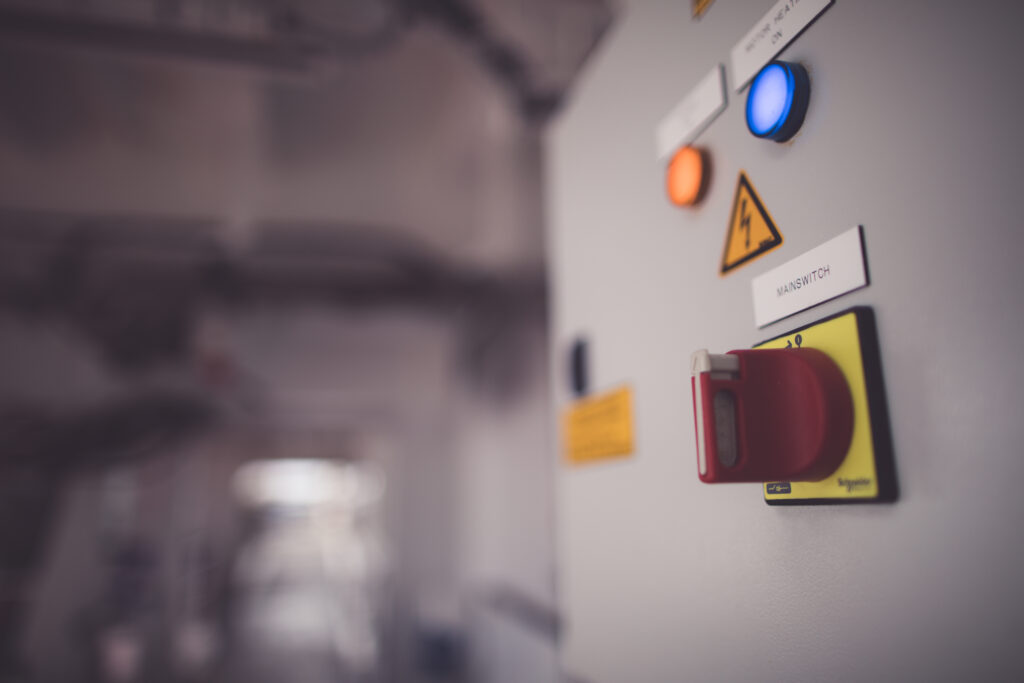Existing R&D
Bibby Marine are actively developing new innovations for use in the offshore wind sector, collaborating with the industry to help drive towards a greener, more efficient future. Bibby are working with ORE Catapult, the UK’s leading technology innovation and research centre for offshore renewable energy, to further engage with market partners to accelerate British marine R&D. This partnership sees Bibby help develop engineering solutions such as offshore charging for the benefit of the wider maritime industry. Bibby Marine are also proud to work with vessel manufacturers Damen Shipyards. This relationship has allowed the development of innovative new vessel concepts, notably the industry-disrupting ASV9020 hull, the basis of the Bibby WaveMaster fleet.
Developing R&D
Bibby Marine Services is committed to improving and innovating our WaveMaster fleet and scope of services.
As part of a vision to move proactively from fossil fuels to zero carbon fuels on-board, we are leading a feasibility study into the fuel of the future for Walk-to-Work SOVs. The “WaveMaster Zero C” project will evaluate five alternative fuels for use on board our future WaveMaster fleet. These five fuels, hydrogen, ammonia, methanol, biofuel and battery power, will be evaluated from both a vessel and a port operations perspective, scoring each on their technical, environmental, and commercial viability. The project, with Bibby Marine Services as lead, has partners in Damen Shipyards, Lloyds Register, Houlder, ORE Catapult, Square 5, EFC Energy Solutions and Ricardo. The outcome will form the basis of future research into the decarbonisation of SOVs and larger vessels, with a view to putting a WaveMaster Zero C in the water within the next 10-15 years. This is an exciting project to be a part of in working towards a greener more sustainable future.
Further R&D is being driven one example of this is a new vessel build. The reduced superstructure, similar to aircraft carriers places the accommodation in the hull midships and balances the wind flow across the deck, contributing to a more comfortable experience, lower installed power, lower fuel burn and improved DP performance.



